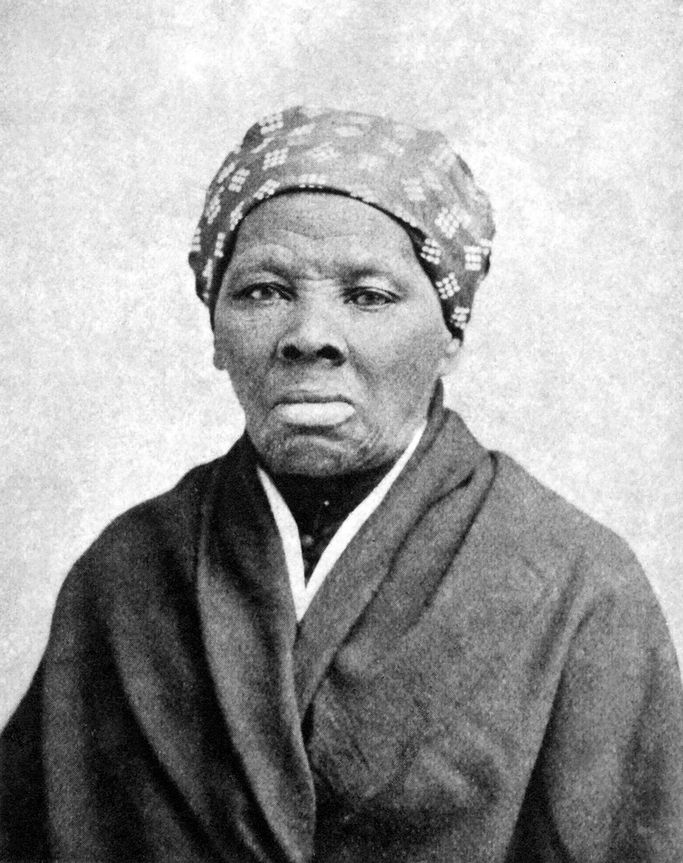top of page

About Harriet
Harriet Ross Tubman, born Araminta "Minty" Ross around 1822, began her extraordinary life on the Brodas Plantation in Dorchester County, Maryland. As one of nine children born to Harriet “Rit” Green and Ben Ross, Harriet's early years were marked by the harsh realities of slavery. Dorchester County, with its sprawling plantations and turbulent history, played a crucial role in shaping the woman who would become a symbol of courage and freedom. At just thirteen, Harriet experienced a life-changing injury. While assisting a runaway slave, she was struck in the head by an iron weight thrown by an overseer. This severe injury caused lifelong episodes of narcolepsy and vivid dreams, which she would later interpret as visions from God. Despite this, Harriet's resolve only strengthened. In 1849, facing the threat of being sold, Harriet made the daring decision to escape. Guided by the North Star, she traversed the perilous path to freedom, crossing into Pennsylvania. Her first steps to freedom were a significant victory, but Harriet knew her mission was far from over. Harriet Tubman returned to Dorchester County and other Southern regions nineteen times over the next decade, orchestrating the escape of over 70 enslaved people via the Underground Railroad. Each journey was fraught with danger, yet she never lost a passenger. Her deep connection to Dorchester County was evident as she navigated familiar landscapes, utilizing her intimate knowledge of the area to outsmart slave catchers. One notable incident occurred in Bucktown, Dorchester County. While on a rescue mission, Harriet encountered her former master. Quick-thinking, she bought a flock of chickens and created a distraction by releasing them and chasing after them, thus avoiding recognition. In 1857, Harriet led her parents out of Maryland to Auburn, New York, where they lived the rest of their lives in freedom. This move underscored her unyielding commitment to family and her strategic acumen in ensuring their safety. During the Civil War, Harriet's bravery extended beyond Dorchester County. She served as a scout, spy, and nurse for the Union Army, playing a pivotal role in liberating hundreds of slaves in the Combahee River Raid. Her wartime efforts further solidified her legacy as a formidable force for justice. After the war, Harriet returned to Auburn, where she established The Harriet Tubman Home for the Elderly and Indigent Negroes. This institution reflected her lifelong dedication to the well-being of her community. Harriet Tubman's life story is a testament to her indomitable spirit and relentless pursuit of freedom. Visitors to Dorchester County can visit our museum, the Harriet Tubman Museum and Educational Center, as well as explore the Harriet Tubman Underground Railroad National Historical Park, to be immersed in the history surrounding her extraordinary life. Harriet Ross Tubman remains a beacon of hope and an enduring symbol of the fight for liberty and equality today.
bottom of page


